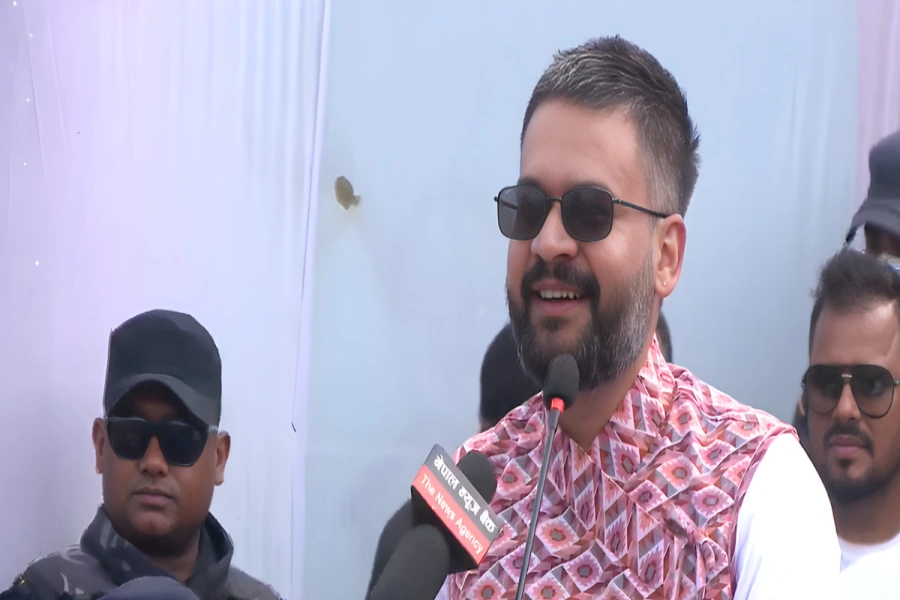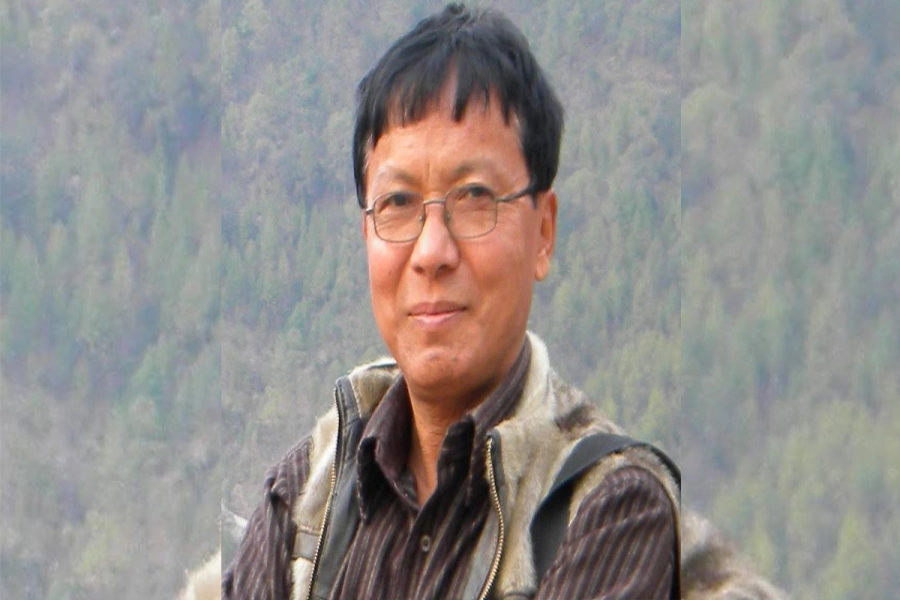The moves came as a senior Russian security official said there was "real danger" of a US military strike against Iran, which the West fears is attempting to develop nuclear arms.[BREAK]
Iranian Vice President Mohammad Reza Rahimi told state television the murder of Mostafa Ahmadi Roshan on Wednesday would not stop Iran making "progress" in its nuclear activities.
The scientist´s driver/bodyguard later died, the Fars and ILNA news agencies reported, and a third occupant of the car was wounded.
Iran´s UN ambassador Mohammad Khazaee called on UN Secretary General Ban Ki-moon, the 15-nation Security Council and UN General Assembly president Nassir Abdulaziz al-Nasser to condemn the killings "in the strongest terms".
"There is firm evidence that certain foreign quarters are behind such assassinations," Khazaee said.
Parliament erupted with yells of "Death to Israel" and "Death to America" after Wednesday´s attack.
However US Secretary of State Hillary Clinton denied any US involvement.
"I want to categorically deny any United States involvement in any kind of act of violence inside Iran," she told reporters when asked about the Iranian allegations.
Amid the furore, Pentagon spokesman John Kirby told reporters in Washington that the the USS Carl Vinson carrier strike group had arrived in the Gulf region in a "routine" operation.
He stressed that the Carl Vinson was "not in the Gulf" and had not gone through the Strait of Hormuz -- a key oil route that Iran has threatened to close as tensions with the West flare.
The Carl Vinson is due to relieve another aircraft carrier, the USS John Stennis, which is in the region, Kirby said.
Bomb victim Ahmadi Roshan was a deputy director at the Natanz uranium enrichment facility, according to the website of the university he graduated from a decade ago, Sharif University.
He was also an academic and member of the Basij militia controlled by Iran´s Revolutionary Guards, a Basij statement said.
The scientist specialised in making polymeric membranes to separate gas. Iran uses a gas separation method to enrich its uranium, which Tehran insists is purely for a civil energy programme.
Iranian media and officials accused the International Atomic Energy Agency of giving Ahmadi Roshan´s name to Israeli and US intelligence. "IAEA inspectors met him recently," Mehr news agency said.
In Israel, a senior official said he was unaware who carried out the killing.
Israeli outlets relayed comments by Israel´s military chief of staff, Lieutenant General Benny Gantz, to MPs on Tuesday saying 2012 was to be "a critical year" given Iran´s nuclear drive, international pressure -- "and things which happen to them (the Iranians) in an unnatural way."
Three other Iranian scientists were killed in 2010 and 2011 when their cars exploded in similar circumstances. At least two had also been working on nuclear activities.
The current head of Iran´s atomic energy organisation, Fereydoun Abbasi, escaped another such attempt in November 2010.
Those attacks were viewed by Iranian officials as assassination operations carried out by Israel´s Mossad intelligence service, possibly with US help.
Wednesday´s killing sharpened an international confrontation over Iran´s nuclear programme in which threats and counter-threats are being increasingly backed with displays of military muscle.
Western nations, the United States at the fore, are steadily ratcheting up sanctions on Iran with the aim of fracturing its oil-dependent economy.
Iran has responded by saying it could easily close the Strait of Hormuz -- a chokepoint for 20 percent of the world´s oil at the entrance to the Gulf -- if it is attacked or if sanctions halt its petroleum exports.
It has also threatened to unleash the "full force" of its navy should the United States redeploy an aircraft carrier to the Gulf, where the US Fifth Fleet is based.
Washington said closing the strait is a "red line" that should not be crossed and said it would keep sending warships to the region.
Russian Security Council secretary Nikolai Patrushev has warned that military escalation is likely in Iran.
"There is a likelihood of military escalation of the conflict, and Israel is pushing the Americans towards it," Patrushev said in an interview published Thursday on the website of the daily Kommersant.
"There is a real danger of a US military strike on Iran," the senior Russian official said.
China, which buys 20-22 percent of Iran´s crude oil, said it was "not reasonable" to expect it to comply with "unilateral" US sanctions.
Tensions have also worsened following an Iranian court´s death sentence this week on an American-Iranian former Marine it found guilty of spying for the CIA, and Iran´s capture last month of what it said was a CIA drone.
Tehran´s determination to continue its nuclear activities were underlined by the IAEA´s confirmation on Monday that Iran has started enriching uranium at a second facility.
Western UN envoys on Wednesday condemned the move as a "clear breach" of UN sanctions resolutions over its nuclear programme.
Iran insists its atomic ambitions are peaceful, and has declared itself open to resuming nuclear negotiations with world powers that collapsed a year ago.
Japan on Thursday said it was planning to reduce its dependence on Iranian oil imports in response to a US-led drive to squeeze Tehran into giving up its nuclear programme.
Iranian president accuses Israel of killing nuclear scientist











_20210413103625.jpeg)


























